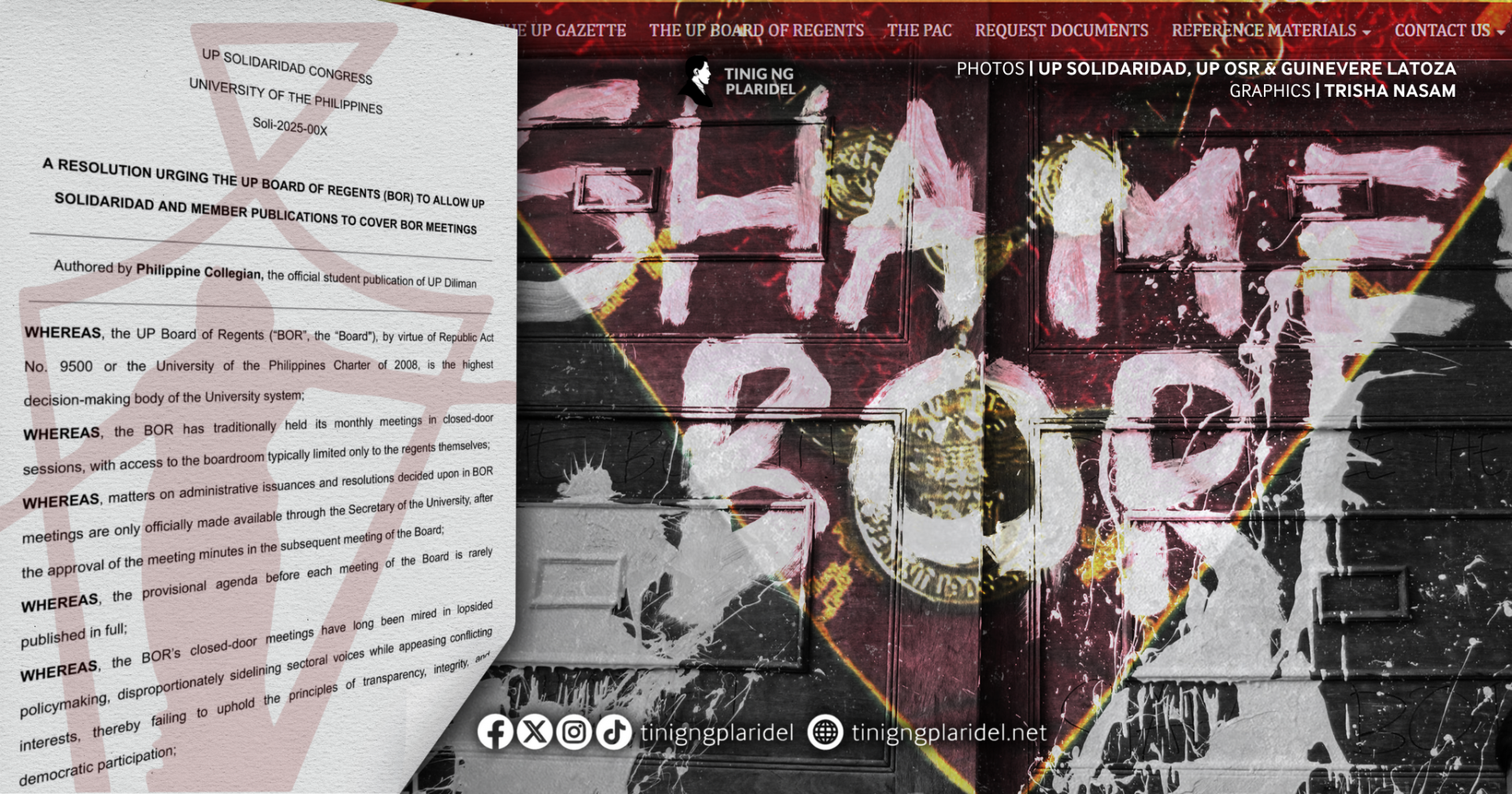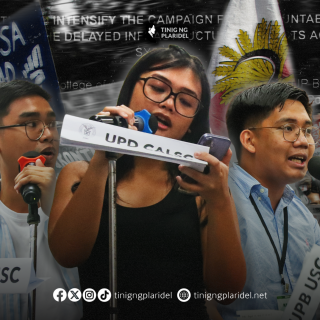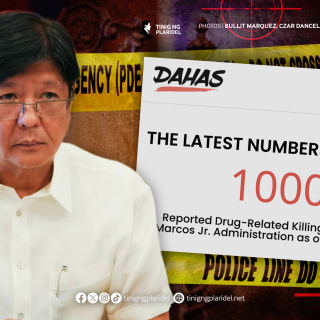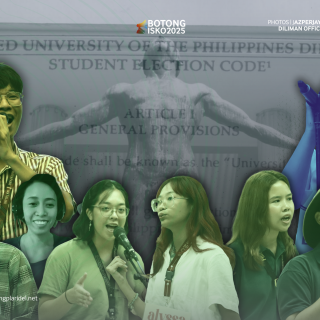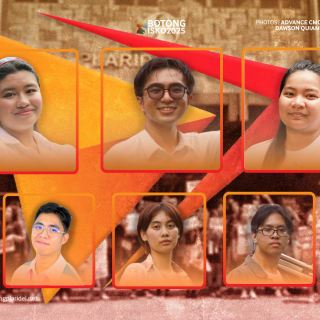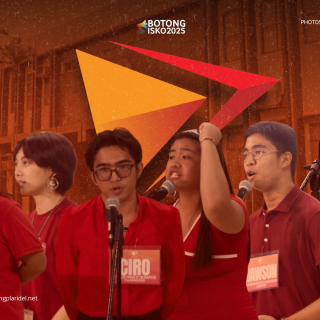Student publications from the University of the Philippines (UP) System urged the Board of Regents (BOR) — the university’s highest decision-making body — to open its traditionally closed-door meetings to campus journalists, saying the BOR, as a public institution, is accountable to the people.
In the UP Solidaridad Biannual Congress at UP Los Baños (UPLB), student journalists across the UP system adopted a resolution calling for the BOR’s transparency in all of its meetings.
“The BOR’s closed-door meetings have long been mired in lopsided policymaking, disproportionately sidelining sectoral voices while appeasing conflicting interests, thereby failing to uphold the principles of transparency, integrity, and democratic participation,” the resolution reads.
UP Solidaridad is the systemwide alliance of student publications and writers’ organizations in UP.
The resolution also aims to ensure editorial autonomy of members of the system-wide alliance in covering BOR meetings.
Discussions in the said meetings are only disclosed to the public through reports from the Office of the Secretary of the University (OSU) and sectoral regents, who represent the students, faculty and staff.
While the OSU documents the proceedings, they are only published in the UP Gazette after the board’s approval in its subsequent meeting.
“Publications in the UP Gazette are trimmed down to only the final decisions in the meeting and are not detailed transcripts, by which the regents may be held accountable over their positions on certain issues during the meeting,” the resolution adds.
In the 2023 selection of the 12th UP Diliman (UPD) chancellor, members of the UP community pounded the closed doors of Quezon Hall as the BOR voted to appoint then-UP Law Dean Edgardo “Carlo” Vistan over outgoing Chancellor Fidel Nemenzo.
WATCH: Students pound Quezon Hall doors in protest of Vistan’s selection as UPD chancellor
Nemenzo lost his bid for a second term despite endorsement from the sectoral regents, leading to calls from the community to publicize the BOR’s votes.
The UP Charter of 2008 states that the BOR shall be guided in its decision-making by “the principles of democratic governance: collegiality, representation, accountability, transparency, and active participation of the University’s constituents.”
Although the UP Gazette publishes minutes of the BOR’s monthly meetings, it only notes that “the board went into executive session” for special executive meetings. Such sessions are usually held when appointing university officials.
The Philippine Collegian, the adopted UP Solidaridad resolution’s principal author, previously reported that UP President Angelo Jimenez “appears to be inclined to retain the opaque selection of UP chancellors.”
“He [Jimenez] opined that the Board of Regents opt for executive sessions and secret balloting to allow the Regents to vote in accordance with their personal conscience and integrity, and to safeguard them from various political pressures,” the Collegian quoted part of the BOR’s 1381st meeting minutes.
Following Vistan’s appointment, the UPD University Council urged the BOR to uphold transparency throughout the entire selection process, pressing for the return of open balloting and proper disclosure of the board’s standards for appointing high-ranking officials.
“Unclear bases of decisions also give rise to suspicions of conflict of interest, horse-trading, backdoor negotiations,” the statement read.
Campus journalists across the UP System gathered at UPLB for the 2025 UP Solidaridad Biannual Congress from Aug. 4 to 6, addressing various struggles faced by student journalists.

